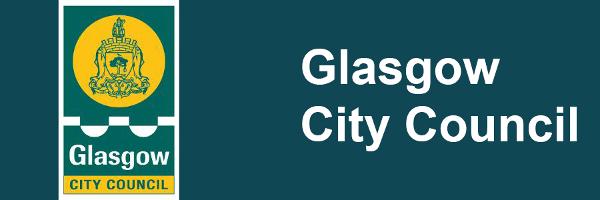Licensing Standards Officers
Enquiry FormEmail (opens new window)
The Licensing (Scotland) Act 2005 requires local authorities to appoint at least one licensing standards officer (LSO) in their area.
The Council has appointed four licensing standards officers in Glasgow; these positions are funded by application fees and annual licence fees paid to the City of Glasgow Licensing Board.
What is the role of an LSO?
The Licensing (Scotland) Act 2005 sets out the following general functions of a licensing standards officer:
- Providing interested persons with information and guidance concerning the operation of the 2005 Act within the licensing board's area;
- Supervising holders of premises licences or occasional licences in terms of their compliance with the conditions of their licences and other requirements of the 2005 Act;
- Providing mediation services for the purpose of avoiding or resolving disputes or disagreements between (i) the holders of the licences referred to in paragraph (2); and (ii) any other persons concerning any matter relating to compliance with the conditions of their licences and other requirements of the 2005 Act.
How can LSOs deal with compliance issues?
If a licensing standards officer believes that any licence condition has been or is being breached they can issue a notice to the licence holder specifying the action to be taken to remedy the breach. This is often referred to as a "Section 14 Notice".
In the case of a premises licence, if such a notice is not complied with to the satisfaction of the officer then a premises licence review application can be made in respect of the licence.
An officer can also make a premises licence review application if they believe that the premises has operated in a manner contrary to one or more of the licensing objectives.
At a review hearing the licensing board may, if satisfied that the ground for review set out by the licensing standards officer is established, take any of the following steps as the Board considers necessary or appropriate for the purposes of any of the licensing objectives:
- To issue a written warning to the licence holder;
- To make a variation of the licence;
- To suspend the licence for such period as the Board may determine;
- To revoke the licence.
Can LSOs inspect licensed premises?
Licensing standards officers can enter and inspect licensed premises at any time in order to determining whether activities taking place on the premises are being carried out in accordance with the relevant alcohol licence and requirements of the 2005 Act.
During an inspection a licensing standards officer can inspect any substances, articles or documents an officer thinks necessary. The licence holder and any person working on the licensed premises at the time of an inspection must provide such assistance, information and documents as a licensing standards officer may reasonably require.
It is an offence under the 2005 Act for any person to intentionally obstruct a licensing standards officer or fail to provide the assistance specified above without a reasonable excuse.
How do I complain about the operation of licensed premises?
Depending on the nature of the complaint there are a variety of routes available to raise a complaint about the operation of licensed premises.
Licensing standards officers can investigate potential breaches of licence conditions and other requirements of the 2005 Act but they cannot, for example, investigate complaints relating to violent conduct within licensed premises.
Please refer to our complaints section for details on where complaints should be directed.
In the event that you are unsure who to direct a complaint to then contact licensing standards officers in the first instance.
Related Content
Documents
- Information Pack for Premises Licence Holders Off Sales (Word doc, 306 KB)(opens new window)
- Information Pack for Premises Licence Holders On Sales (Word doc, 322 KB)(opens new window)




